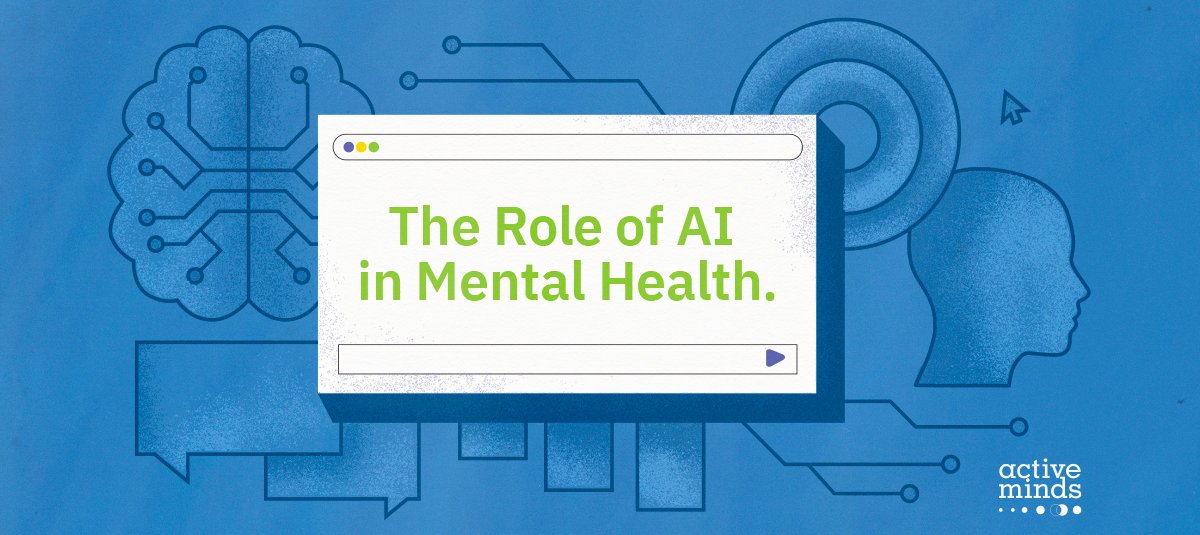In the world of education, a quiet revolution is underway. The emergence of Artificial Intelligence (AI) is not just transforming the way we teach and learn; it’s also opening new doors for mental health interventions in schools and universities. This fusion of technology and psychology could be the key to unlocking a healthier, more supportive learning environment for students everywhere.
Understanding the Role of AI in Education
AI, in simple terms, is technology designed to think and learn like humans. In educational settings, AI has traditionally been used for tasks like grading, personalizing learning experiences, and even monitoring student progress. But its potential extends far beyond these applications, venturing into the realm of mental health support, a critical yet often overlooked aspect of student well-being.
AI-Powered Mental Health Interventions: How Do They Work?
At its core, AI-powered mental health interventions in education aim to identify and support students who are struggling with mental health issues. This is done through a variety of innovative methods:
Early Detection and Support
AI tools can analyze patterns in students’ behavior, academic performance, and even social media activity to identify signs of mental health challenges early on. By flagging these signs, AI enables educators and counselors to provide timely support, sometimes even before the student realizes they need help.
Personalized Mental Health Resources
Once a student’s needs are identified, AI can recommend personalized resources and interventions. This could include self-help tools, stress management techniques, or connecting them with a counselor. The key here is customization; what works for one student might not work for another, and AI excels at tailoring support to individual needs.
24/7 Availability
One of the most significant advantages of AI in mental health is its availability. Unlike human counselors, AI tools can provide support anytime, anywhere. This round-the-clock access ensures that students can find help when they need it most, without waiting for office hours or appointments.
The Human Touch in AI Interventions
While AI can play a crucial role in supporting student mental health, it’s essential to remember the importance of the human element. AI is a tool, not a replacement for human interaction. The empathy, understanding, and genuine care that human counselors offer cannot be replicated by machines. Instead, AI should be seen as a complement to traditional mental health services, enhancing and extending their reach rather than replacing them.
Looking Ahead: The Future of AI in Education
As technology continues to evolve, the potential for AI in education, particularly in mental health interventions, is boundless. However, this new frontier also presents challenges, including privacy concerns, the need for accurate AI models, and ensuring equitable access to these technologies. Addressing these challenges will be crucial as we move forward, ensuring that AI serves as a force for good, supporting the mental well-being of students around the world.
In conclusion, the integration of AI into mental health interventions in education marks a promising step towards a more supportive and understanding learning environment. By harnessing the power of technology, we can provide timely, personalized, and accessible support to students in need, opening up a world of possibilities for enhancing mental health and well-being in educational settings.
